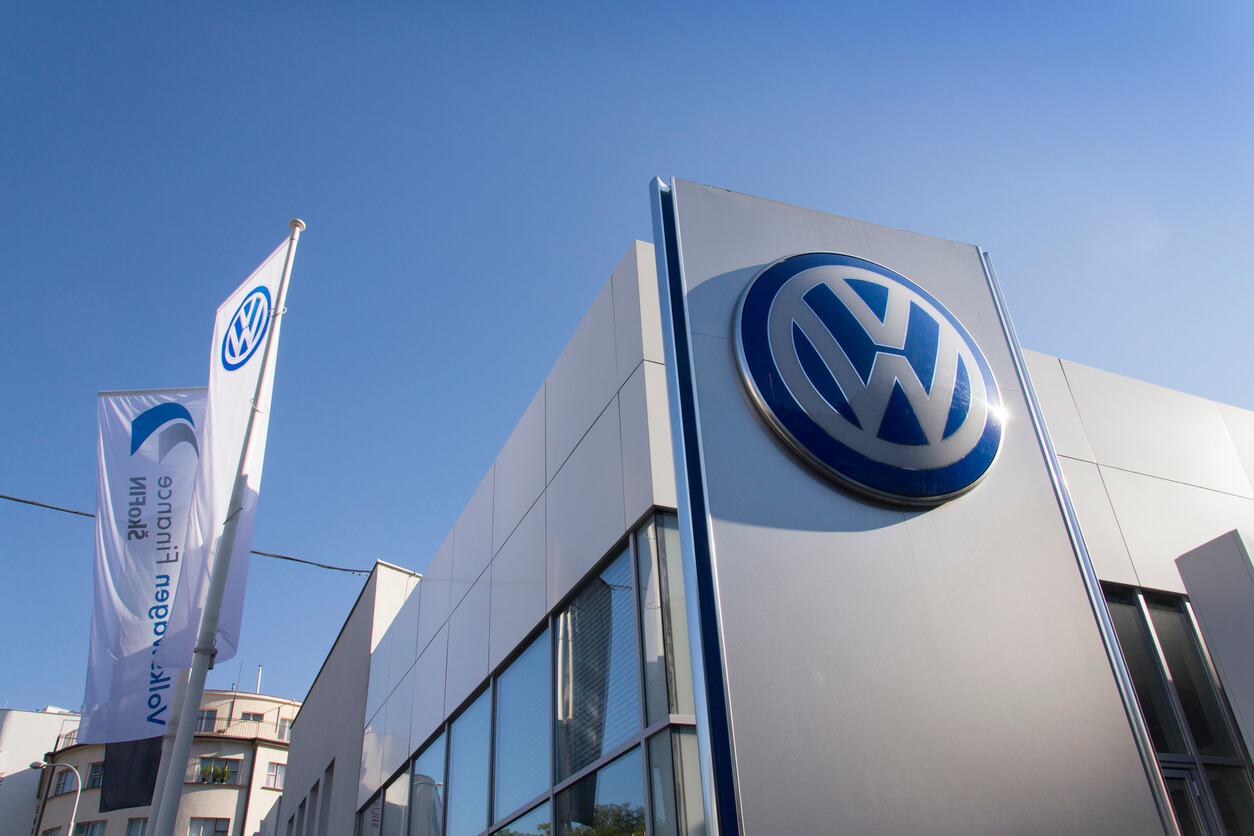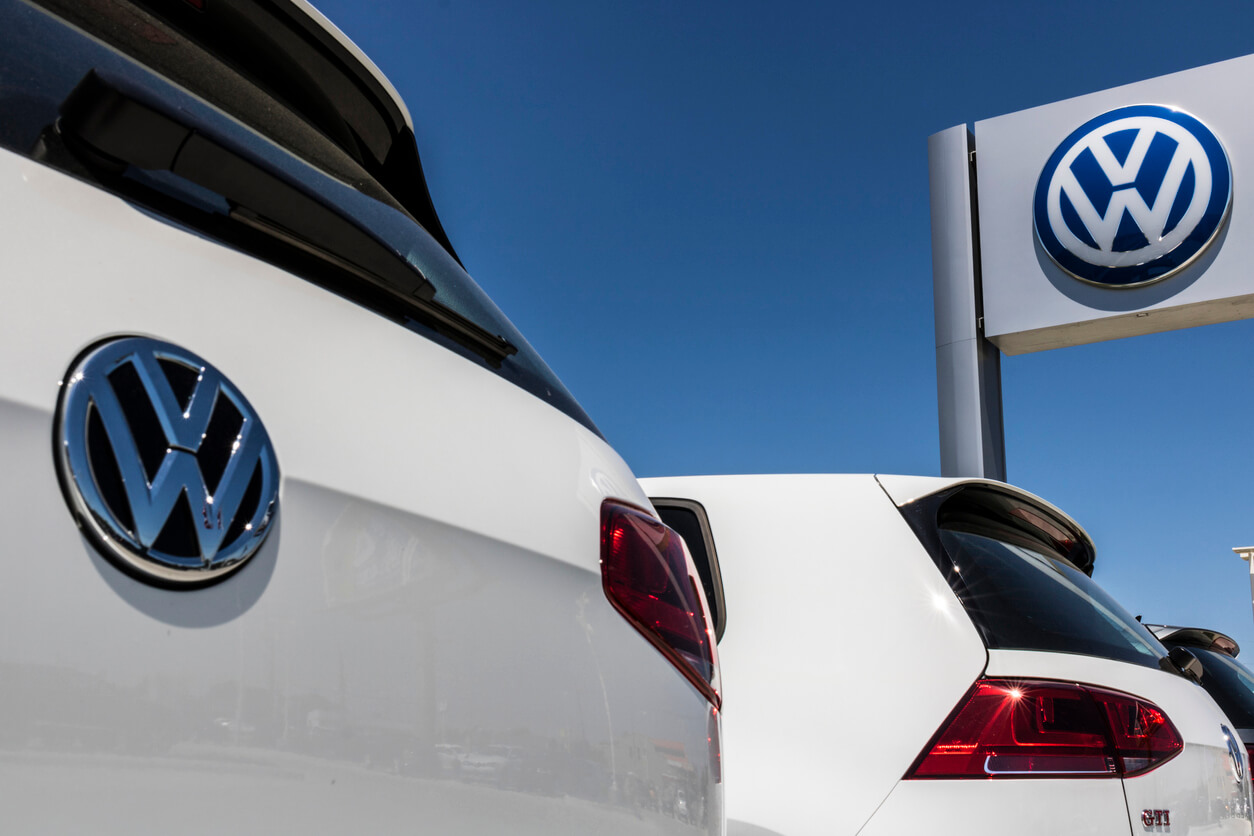By Nicole Halavi
In January 2021, it was announced that automaker Volkswagen paid almost $35 billion for equipping diesel vehicles with illegal emissions defeat devices. Interestingly, this amount is negligible compared to what the automaker would face if even one of two court rulings stand.
An appeals court ruling granted two countries the right to seek an exorbitant damages award for updates made to diesel vehicles after they were sold. The suit was originally filed and dismissed in 2018. However, it was appealed to the U.S. Court of Appeals for the Ninth Circuit, which ruled against VW and its supplier, Robert Bosch.
The automaker is in a vulnerable position because the appeals court ruling will ultimately lead to lawsuits being filed in every country in the country, and the automaker says this “will severely compromise the EPA’s ability to regulate auto emissions.” The Ninth Circuit even admitted that the ruling may result in “staggering liability to Volkswagen.”
VW is also involved in a case currently before the Ohio Supreme Court. There, the automaker is facing claims that could potentially exceed $350 million per day or more than $127 billion per year for several years. The case was originally filed based on allegedly deceptive updates and recalls of 2009-2015 diesel vehicles that were illegally marketed and sold to 14,000 Ohio residents. In response, the automaker had argued that the state of Ohio cannot regulate automakers as that job belongs to the federal government. This case was also originally dismissed but has been revived by the Ohio Tenth District Court of Appeals.
What Can I Do if I’m Driving a VW Diesel?
If you are driving a VW diesel model that is exhibiting any of the issues discussed above concerning the emissions, California’s lemon laws are here to protect you and prevent any further complications. The attorneys at CCA are very knowledgeable about the issues associated with the emissions in VW diesel vehicles and will work with you to fight back against the automaker.
Please do not hesitate to call CCA today for a free consultation: (833) LEMON-FIRM. We’ll get you the compensation you deserve – and at no cost to you!




